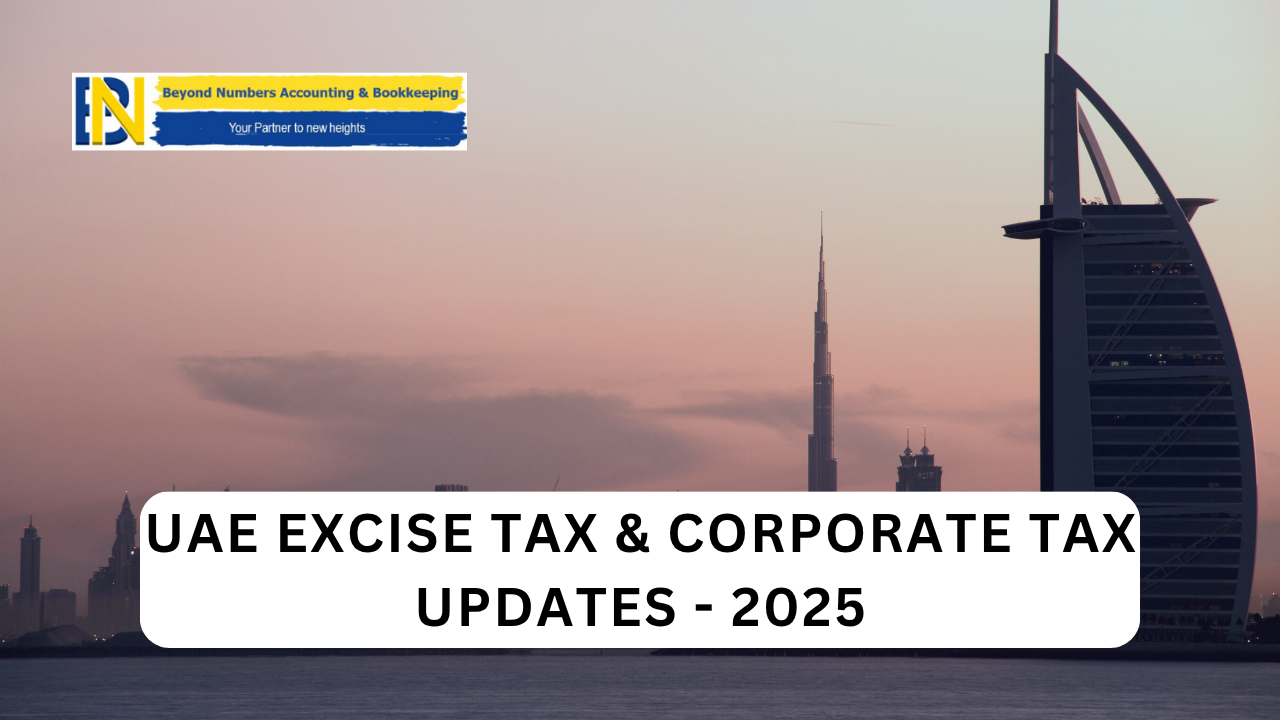The United Arab Emirates continues to solidify its position as a globally competitive commercial ecosystem, driven by proactive policy reforms and a strategic commitment to economic diversification. As businesses navigate this dynamic environment, understanding the latest regulatory updates is paramount for ensuring compliance, mitigating risks, and leveraging emerging opportunities. This edition crystallizes insights into recent changes in the UAE’s excise tax regime and other significant regulatory developments poised to impact your operations in 2025 and beyond.
Refined Excise Tax Framework: Focus on Electronic Smoking Implements
A crucial development for businesses involved in the tobacco and related product sectors is the issuance of Ministerial Decision No. 1 of 2025, effective January 3, 2025. This landmark move amends the excise taxation of electronic smoking implements, repealing previous regulations and introducing greater clarity and uniformity.
Key Amendments and Implications:
- Expanded Scope of Taxable Liquids: The decision unequivocally stipulates that excise tax will now be imposed on all liquids utilized in electronic smoking devices, irrespective of their nicotine content. This broadens the tax base and necessitates a re-evaluation of product classifications for affected entities.
- Inclusion of Consumables: Concentrates, powders, gels, and extracts that can be converted into carbonated, energy, or sweetened liquids by retailers are now explicitly subject to excise tax. This ensures comprehensive coverage and prevents potential loopholes in the taxation framework.
- Harmonized System (HS) Codes for Classification: To ensure consistent application and compliance across the GCC, the decision mandates the use of Harmonized System (HS) codes as outlined in Chapter 24 of the Common Schedule for Classification and Coding of Goods. This provides a clear, unified understanding of excise tax requirements.
- Excise Price Calculation: The excise rate for these items will be calculated based on the higher of two values: the price published by the tax authority in its general price list (if available) or the “Designated Selling Price” declared by importers or producers. Retailers must maintain meticulous records to substantiate their pricing and ensure compliance.
What This Means for Businesses:
Businesses involved in the import, production, or sale of electronic smoking devices and related consumables must conduct a thorough review of their product portfolios and pricing strategies. Proactive planning is essential to ensure accurate tax calculation, timely reporting, and adherence to the updated classification guidelines. Non-compliance could result in substantial penalties.
Broader Regulatory Shifts and Their Business Impact
Beyond excise tax, the UAE has introduced several other notable regulatory changes that signal a progressive economic trajectory and reinforce its commitment to global standards.
- Corporate Tax Evolution: Domestic Minimum Top-Up Tax (DMTT)
Effective January 1, 2025, the UAE has implemented a 15% Domestic Minimum Top-Up Tax (DMTT) for large multinational enterprises (MNEs) with annual consolidated global revenues exceeding €750 million. This pivotal move aligns the UAE with the OECD’s Pillar Two global tax framework, ensuring that MNEs pay a minimum level of tax irrespective of local exemptions or incentives.
| Area | Impact | Suggested Action |
| Effective Tax Rate (ETR) | MNEs must calculate their ETR across jurisdictions. If below 15%, top-up tax applies. | Assess ETR, analyze profits, exemptions, and deductions under UAE CT regime. |
| Free Zone Strategies | 0% corporate tax rates in Free Zones may no longer fully shield from top-up tax. | Reassess existing Free Zone entities; consider restructuring for tax efficiency. |
| Transfer Pricing | Heightened scrutiny on related-party transactions. | Ensure transactions meet arm’s length standards; prepare Master, Local, and CbC Reports. |
| Financial Reporting | All tax filings based on audited IFRS financial statements. | Align accounting systems and reporting practices; ensure audit-readiness. |
- Emiratisation Targets for Smaller Companies
As part of the UAE’s ongoing commitment to integrate national talent into the private sector, companies with 20 to 49 employees are now required to employ at least two Emirati citizens starting January 2025. This extends the successful Emiratisation drive to a broader spectrum of businesses. You must review your workforce composition and recruitment strategies to meet these new quotas.
- Mandatory Female Representation on Company Boards
Private joint-stock companies in the UAE are now mandated to appoint at least one woman to their boards of directors from January 2025. This regulation underscores the UAE’s dedication to promoting gender diversity and aligning with international best practices in corporate governance. Businesses should review their board structures and succession planning to ensure compliance.
- Expanding Comprehensive Economic Partnership Agreements (CEPAs)
The UAE continues to aggressively expand its network of Comprehensive Economic Partnership Agreements (CEPAs). The recent UAE-Serbia CEPA, which entered into force in May 2025, eliminates tariffs on 96% of goods and significantly boosts bilateral trade and investment. This strategic initiative positions the UAE as a vital gateway to regional markets and diversifies its trade partnerships. You should explore how these new CEPAs can provide unmatched access to new markets and streamline supply chains for your business.
Key Takeaways and Call to Action
The UAE’s dynamic regulatory environment presents both challenges and unparalleled opportunities. The consistent modernization of tax laws, coupled with strategic initiatives to foster economic growth and integration, necessitates continuous vigilance and proactive compliance measures from businesses.
To navigate this evolving landscape effectively, you must:
- Review and Adjust: Critically assess your current operational and financial frameworks against the backdrop of these new regulations.
- Enhance Internal Controls: Implement robust internal controls and accounting systems to ensure accurate data capture and reporting, particularly for excise tax and corporate tax obligations.
- Update Policies and Procedures: Amend your internal policies and procedures to reflect the updated Emiratisation targets and corporate governance requirements.
- Seek Expert Guidance: Engage with specialized tax and legal consultants to crystallize your understanding of the implications for your specific business activities and to develop effective compliance and strategic adaptation plans.
The UAE’s commitment to creating a future-ready economy is evident in these legislative shifts. By embracing these changes and leveraging professional insight, businesses can ensure seamless transition and strategically position themselves for sustained growth within this vibrant market.

